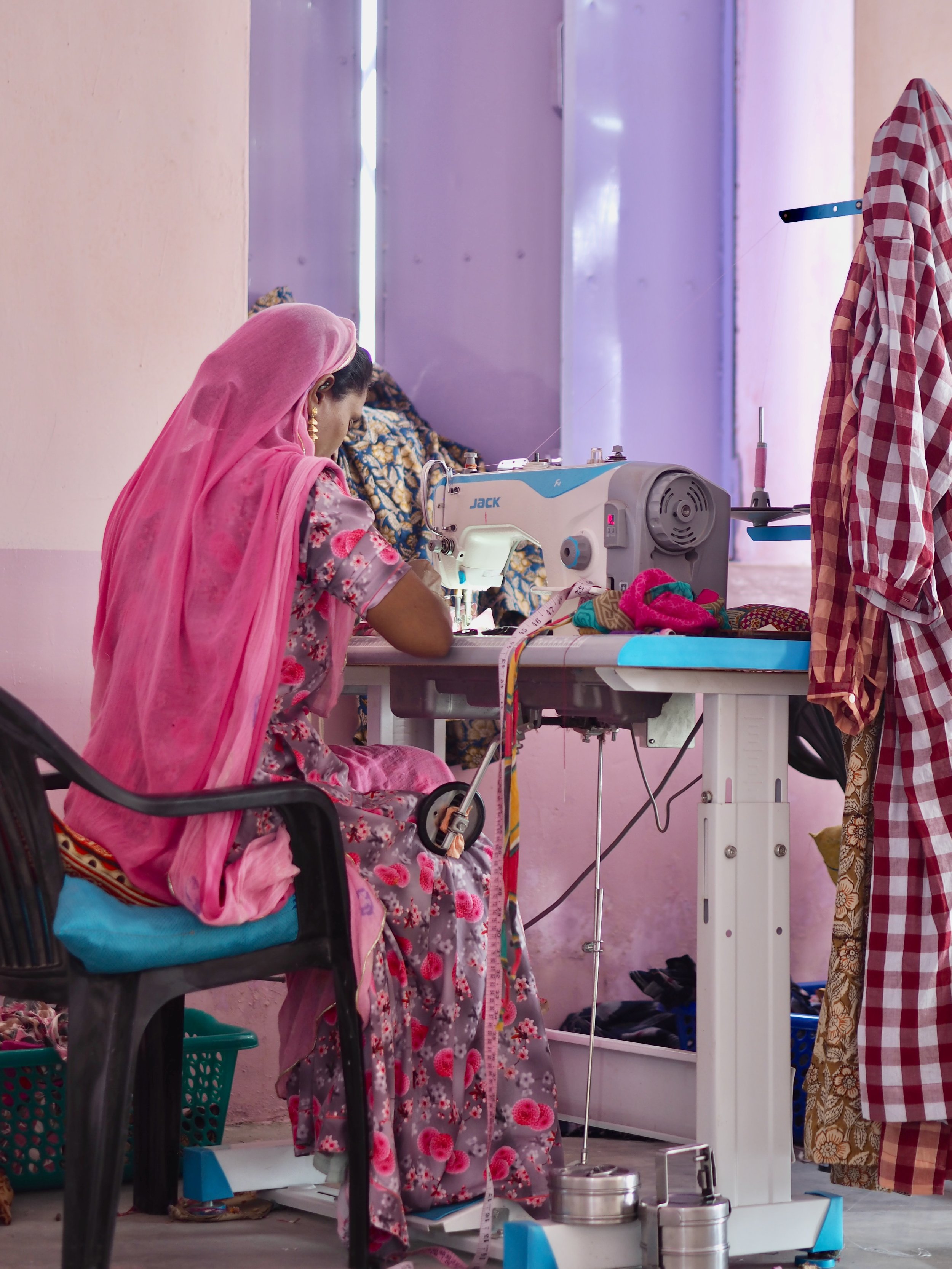Next
Next




Having worked as a travel writer for the past decade, Nina Karnikowski is now on her greatest adventure yet: discovering more conscious ways of travelling and living. The author of Go Lightly, How to Travel Without Hurting the Planet and Make a Living Living Be Successful Doing What You Love, Nina works at the convergence of creativity and sustainability, and is dedicated to helping others explore less impactful ways of travelling and living. She also mentors writing students, and teaches regular writing and creativity workshops and courses, focused on deepening connections to Self and the Earth.